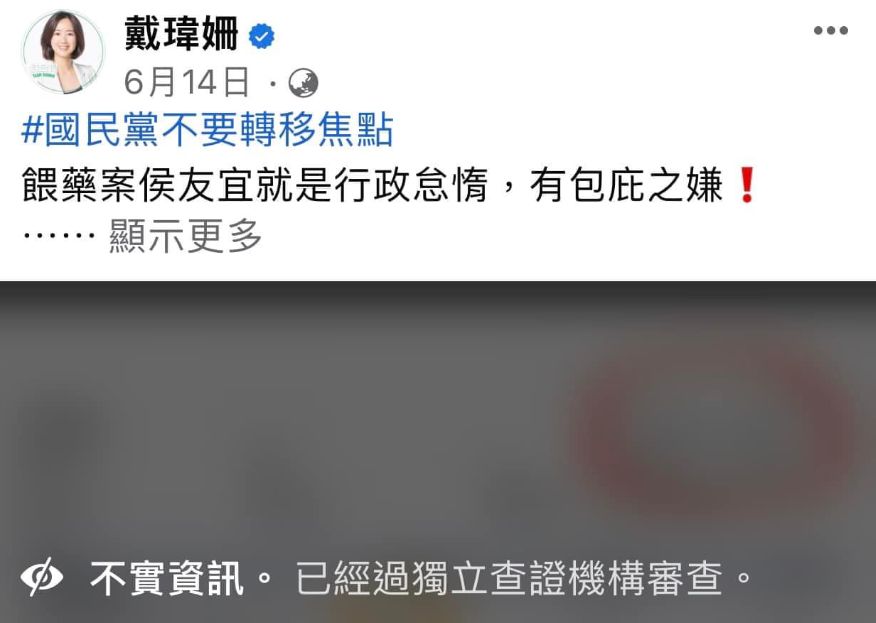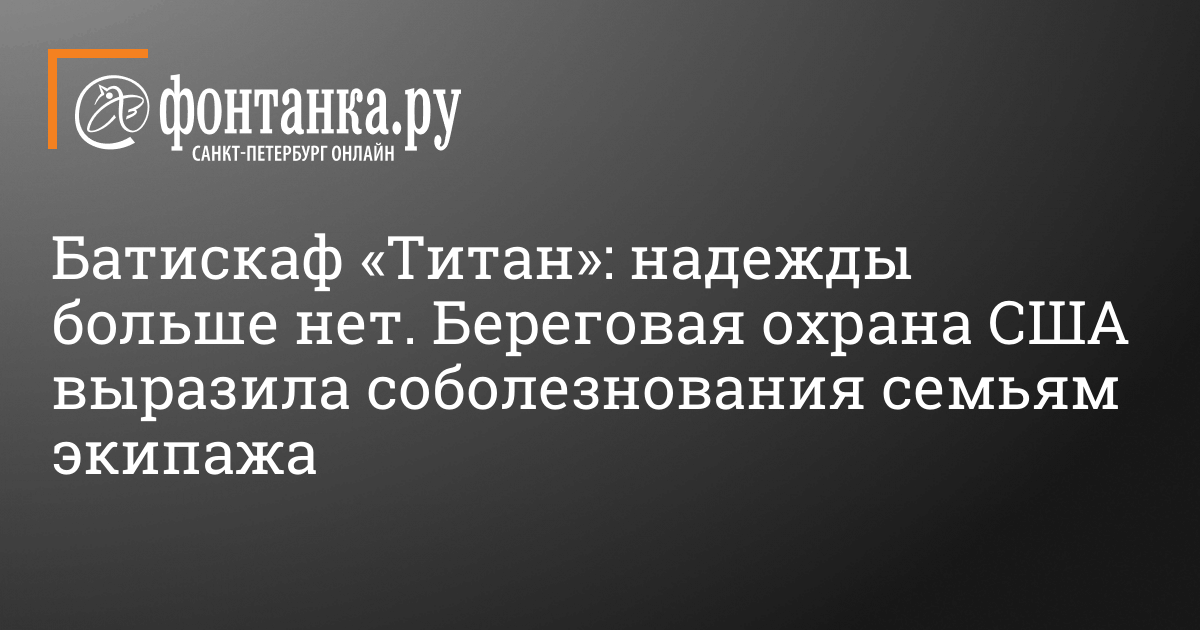Lai Qingde’s spokesperson and a university professor have been accused of spreading false information regarding a drug feeding case in a kindergarten in New Taipei City. The Taiwan Fact Checking Center has declared their statements as fake news, leading to criticism from Wang Minxu, spokesperson of Hou Youyi’s campaign office.
While the professor, Zhao Mingwei, issued an apology on the 21st, Lai Qingde and his spokesperson, Dai Weishan, have not apologized or addressed the issue. This lack of accountability has drawn attention, especially in an election where integrity is crucial. Wang Minxu called on President Tsai Ing-wen, who has emphasized cracking down on fake news, to warn Vice President Lai Qingde against falsifying the election.
Wang Minxu further criticized Lai Qingde’s team for using false information for political offense and defense, accusing them of trying to blur the focus. The Democratic Progressive Party (DPP) has remained silent on the issue, despite the certification of false information. Without integrity, Wang Minxu argued, Lai Qingde and his team cannot be trusted.
Wang Minxu also questioned the Executive Yuan’s response to the situation. The Taiwan Fact Checking Center, which is certified by the Ministry of Justice and the Ministry of Health and Welfare, declared Lai Qingde’s spokesperson as spreading fake news. However, the Executive Yuan Instant News clarified two days later that there is no relevant information, raising concerns about the state apparatus and its handling of the issue.
President Tsai Ing-wen, who previously shared the Taiwan model of fighting disinformation with the international community, is now urged to take action. Lai Qingde’s team has been directly identified as spreading disinformation, and Wang Minxu called on President Tsai to warn Vice President Lai against falsifying the election. If the election is indeed falsified, an apology and withdrawal from the election are demanded.
The spread of false information and the lack of accountability in the midst of an election raise concerns about the integrity of the political process. As the public awaits a response from Lai Qingde and his team, the issue of fake news continues to be a pressing concern in Taiwan’s political landscape.
Why is Wang Minxu calling on President Tsai Ing-wen to intervene and caution Vice President Lai against engaging in deceitful tactics during the election
Lai Qingde’s spokesperson and a university professor have landed themselves in hot water, accused of spreading false information about a drug feeding incident in a kindergarten in New Taipei City. The Taiwan Fact Checking Center wasted no time declaring these statements as fake news, sparking criticism from Wang Minxu, spokesperson for Hou Youyi’s campaign office.
While the professor, Zhao Mingwei, took the high road and issued an apology on the 21st, Lai Qingde and his spokesperson, Dai Weishan, seem to be avoiding the issue altogether, refusing to apologize or address the accusations. This lack of accountability has not gone unnoticed, particularly during an election where integrity should be paramount. Wang Minxu has called upon President Tsai Ing-wen, a staunch advocate against fake news, to step forward and caution Vice President Lai against engaging in deceitful tactics during the election.
Wang Minxu didn’t stop there – he also criticized Lai Qingde’s team for employing false information as a means of political maneuvering, accusing them of diverting attention away from the real issues at hand. Surprisingly, the Democratic Progressive Party (DPP), to which Lai Qingde belongs, has remained silent on the matter, even in the face of undeniable evidence of spreading false information. According to Wang Minxu, without a strong commitment to integrity, Lai Qingde and his team cannot be trusted.
In addition to questioning the actions of Lai Qingde’s team, Wang Minxu also expressed concern over the Executive Yuan’s response to the situation. The Taiwan Fact Checking Center, an organization certified by the Ministry of Justice and the Ministry of Health and Welfare, wasted no time in identifying Lai Qingde’s spokesperson as a purveyor of fake news. But surprisingly, it took the Executive Yuan two whole days to issue a response, claiming there was no relevant information. This delay has raised doubts about the government’s ability to handle such issues promptly and effectively.
President Tsai Ing-wen, who has previously championed Taiwan’s successful fight against disinformation, is now under pressure to take action. Lai Qingde’s team has been directly implicated in spreading false information, and Wang Minxu is calling on President Tsai to intervene and warn Vice President Lai about the repercussions of falsifying the election. Should it be proven that the election was indeed manipulated, nothing short of an apology and withdrawal from the race would be deemed acceptable.
As the public awaits a response from Lai Qingde and his team, the issue of fake news continues to cast a shadow over Taiwan’s political landscape. The spread of false information and the lack of accountability are not only detrimental to the integrity of the political process, but also undermine the trust between politicians and the public. It is imperative that these concerns are addressed promptly and appropriately to ensure a fair and transparent election.



The alarming situation of spreading fake news, even by educated individuals, is a grave concern. It is disheartening to witness the detrimental effects it has on society and the vulnerable, such as children involved in the New Taipei City Kindergarten Drug Feeding Case.